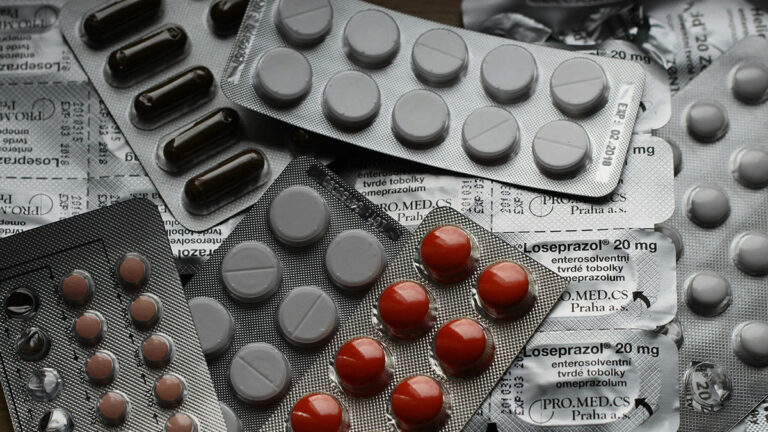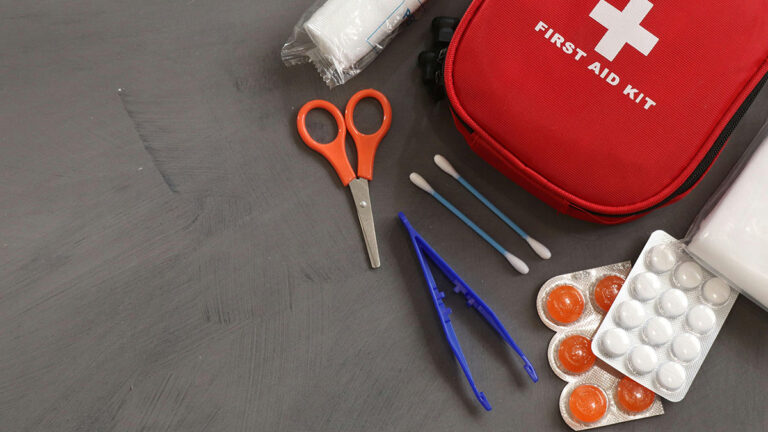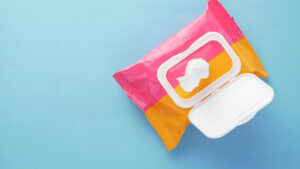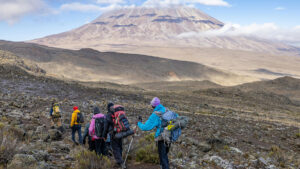
Guide to Cold Nights on Mount Kilimanjaro
Table of Contents Mount Kilimanjaro Night Temperature: What to Expect During Your Trek and Summit Day | Kili Quests Climbing Mount Kilimanjaro is a

Altitude sickness affects many trekkers. While acclimatization is your first defense, medication can help manage symptoms.
Tip: Carry a note from your doctor outlining your condition and meds in case of emergencies.


Table of Contents Mount Kilimanjaro Night Temperature: What to Expect During Your Trek and Summit Day | Kili Quests Climbing Mount Kilimanjaro is a

Table of Contents Hygiene on Mount Kilimanjaro: Showers, Water, and Staying Fresh While Trekking Maintaining good hygiene during your Mount Kilimanjaro trek is essential for

Table of Contents Best Time to Climb Kilimanjaro: Seasons Explained | Kili Quests Understanding the Best Time to Climb Mount Kilimanjaro Wondering when to